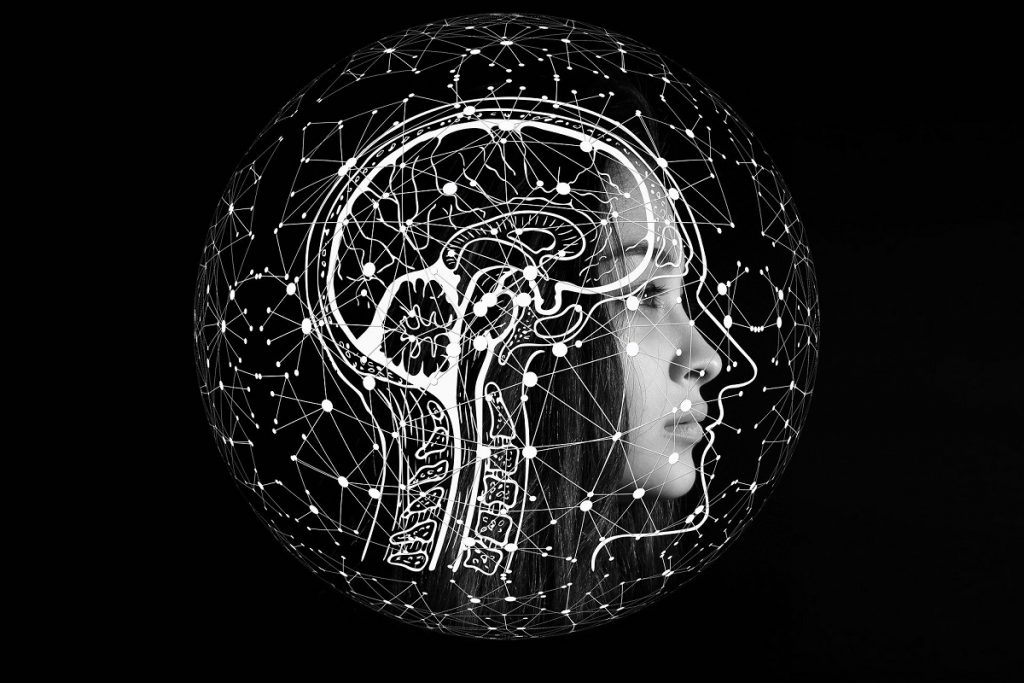Artificial intelligence (AI) makes our life easier, but social media algorithms showing us what we like aren’t the only things that can please us. The impact of AI is felt in healthcare with the field responding to our health and preventing diseases. There are more and more innovations in this niche each year; thus, the influence of artificial intelligence can’t escape our eyes. So it’s time to discuss AI in healthcare and look at the ways that it can help us be healthy and improve our well-being. Let’s dive in!
Monitor Health Without Visiting Doctors
There is no need to visit doctors when you want to monitor your health. In some cases, you can use apps and specialized devices. For example, there are apps that can count the number of steps, so at the end of the day, you can see whether you walked enough or you should do more physical activity.
Other examples are specialized watches, where you can track the quality of sleeping and analyze received data to make your sleeping better.
Speak Using Brain Computer Interfaces
Some people can only communicate through writing or using gestures… But thanks to AI, the ability to speak is now available for people with locked-in syndrome, ALS, or those who have had strokes.
This technology is called Brainomputer Interfaces, and it decodes neural activities so that phones and tablets can reproduce human speech. As a result, a patient can communicate with other people verbally.
Expand Access in Developing Regions
Developing countries or poor regions experience a lack of specialists. Consequently, people don’t have access to high-quality healthcare. And as Partners Healthcare claim, AI can solve this problem by delivering machines to locations where there aren’t enough specialists to serve all people.
For instance, thanks to AI, people can get chest X-rays for signs of tuberculosis. Such X-rays provide the same images as those obtained by humans. This innovation can automate some processes in healthcare systems in developing countries.
But this invention can be perceived in different ways across the globe. For example, people in the US may be glad to see AI’s impact on healthcare, but people in poor or developing countries may underestimate or refuse these innovations because they don’t have the same technologies..
Prevent People at Risk From Diseases
When we’re talking about diseases, there are certain people who are at risk. Let’s take the coronavirus as an example. People at an advanced age are at greater risk, so it’s better for them to get vaccinated as soon as possible. This is a particular case, but the mechanism is the same in every disease.
Thanks to AI, specialists can identify infection patterns and understand which people are at risk to prevent them from getting a disease.
Training
So what about training? AI can prepare high-quality specialists because it can modulate scenarios that are impossible to simulate in real life. Therefore, students can learn what to do in extreme situations and master their skills.
Research
Now we can talk about research. So as you know, by using big data, we can collect a large amount of information and use it for our purposes.. AI can be applied when collecting data about people with diseases to discover the way of their treatment.
For example, researchers at the University North Carolina Lineberger Comprehensive Cancer Center used big data for finding a certain method of treatment for 1000 patients. AI conducted an analysis on how to treat people with tumors.
Thanks to AI, doctors can now predict the outcomes of hospital visits to reduce the time people spend in hospitals. This innovation is especially important now in the coronavirus era.
Automate Processes
As many researchers show, doctors spend many hours a week, and the government spends millions of dollars on administrative tasks such as interacting with payers or maintaining records. These expenses are ineffective; therefore, it’s a good idea to substitute people with AI to perform these tasks so doctors can spend more time with patients and self-educate.
Final Thoughts
So as you can see, technologies are developing all the time, and we have excellent helpers such as AI that can perform human tasks and make monitoring our health easier. Moreover, thanks to AI, people with neural disorders who can’t express their opinion verbally now have the ability to speak. So it’s not surprising that the share of AI will be 48 percent in 2023, and we can watch for big changes achieved due to AI and use technology to stay healthy.

